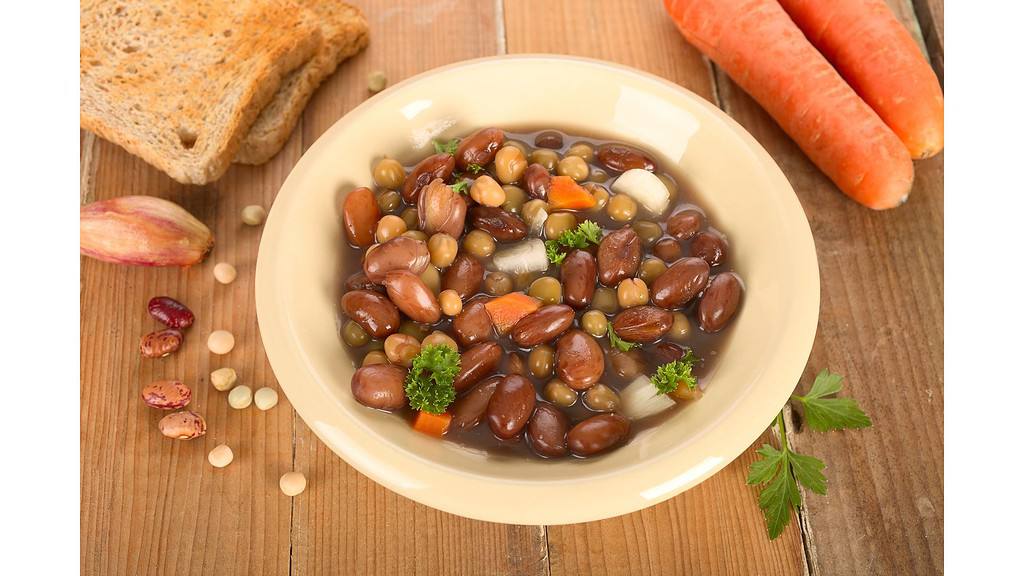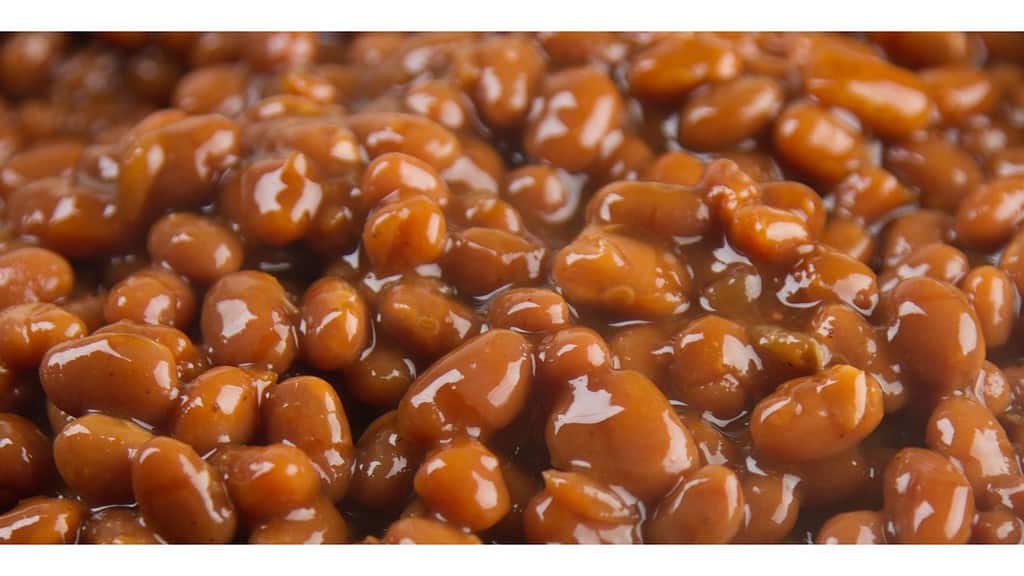You’re about to serve a dish that includes beans when you realize that they’re undercooked. How to fix undercooked baked beans without having to start over from scratch?
There are so many foods that include beans in the recipe, and if they haven’t been cooked enough that can throw the entire thing off. Not only that, but it can actually be dangerous to eat undercooked beans because they can cause food poisoning.
So how can you tell if your beans are cooked all the way and how do you fix them if they aren’t? And for that matter what makes it so dangerous if they aren’t cooked all the way? Let’s find out.
How To Tell if Your Baked Beans Are Undercooked

You should be able to mash your beans with a fork and have them easily squish beneath the tines. Hard beans are undercooked beans. Once you’ve gotten them to the point of having cooked out the toxins that make undercooked beans dangerous, they should be soft and easy to smoosh.
If you want a crunch in your food, it’s best to get it from another ingredient. Your beans should not be doing that. Even if the beans are just firm and not hard, it might be best to let them cook a little bit longer just to be on the safe side.
It’s also worth noting that if they still feel hard, it could be because they were left dry for a long time and are dehydrated rather than undercooked. The best way to check for this is to press the bean against the pot; if it gives easily, then the beans are cooked properly, and you have nothing to worry about.
If it doesn’t, the beans need to cook for a little longer.
Why Does It Matter if Your Beans Are Undercooked?

It matters a great deal if your beans are undercooked, in fact. It might seem like beans al dente is just a little bit gross at a glance, but there’s a toxin in beans that has to be cooked out, or it can cause food poisoning.
This is caused by a substance in the bean called phytohaemagglutinin, and food poisoning from this toxin can include abdominal cramps, vomiting, and diarrhea.
Uncooked sprouts of any kind, including beans, can also be infected with salmonella, e. Coli, or listeria. So it isn’t a matter of whether or not this is a culinary sin of flavor or of texture.
There is a health component as well. This is something to keep in mind with any kind of sprout you might be cooking as part of a meal.
How To Fix the Problem
So, how to fix undercooked baked beans? This is best done before you add the beans to whatever dish you’re making. When the beans are still in the water, you have a chance to fix them in a way that you won’t once they’re already in the stew pot, or in your burritos.
It might not be too late if the thing you’re cooking is chili but know that the time to pay attention to this is before you mix the beans with other ingredients.
Try Baking Soda

Stirring a little bit of baking soda into your bean water can help break down the outer shell of the beans and soften them up. If the beans are cooked, and you are dealing with a dehydrated shell, this can be all you need to get your meal back on the right track.
Try a Pressure Cooker
If you’re under time constraints, it can be helpful to employ a pressure cooker. Where a long soak and cooking over time isn’t working, figure out how long the beans need to be put in for and let the pressure cooker do its work.
The results aren’t always pretty but if you’re really down to the wire on needing these beans done it might be the best option for you.
Just Let the Beans Cook Longer
Patience isn’t what most people want to hear in a case like this, but sometimes it can really be your best option. You are not going to overcook your beans. If they aren’t done yet, go ahead and let them cook a while longer and see what happens.
If none of the methods listed above are options, or you’ve tried some of them and they didn’t work, time will often heal your cooking woes, and it will certainly stop you from getting salmonella from undercooked beans.

Frequently Asked Questions
Now you have all the answers for “how to fix undercooked baked beans?” But if you still would like to know more about cooking beans correctly, we’ve gathered the most frequently asked questions and respective answers.
Why can beans still be hard after hours of cooking?
This might actually not be a problem with the beans being undercooked. It’s possible that they were left dry for too long and that the shell is being stubborn. Try pressing the beans against the side of the pot and see if the shell breaks easily. If it does, then the beans are cooked and the problem is just a dehydrated shell.
How do you fix undercooked beans in chili?
The best time to fix your undercooked beans is before they have been introduced to other ingredients. In the case of chili, there are still things you can do to salvage them, however. Add water to the chili mix, or broth, and turn the heat up for a while.
Leave it like this to cook for longer and it’s more or less like having the beans in water, just with other ingredients mixed in as well.
Can you eat hard beans after cooking?
In most cases, you probably shouldn’t. Remember that hard beans do not necessarily mean undercooked beans and that it could be caused by dehydration, in which case feel free to eat your beans a little bit al dente if you want.
But it is absolutely not okay to eat undercooked beans because they can make you sick. Make sure the beans are cooked first before you go any further.







